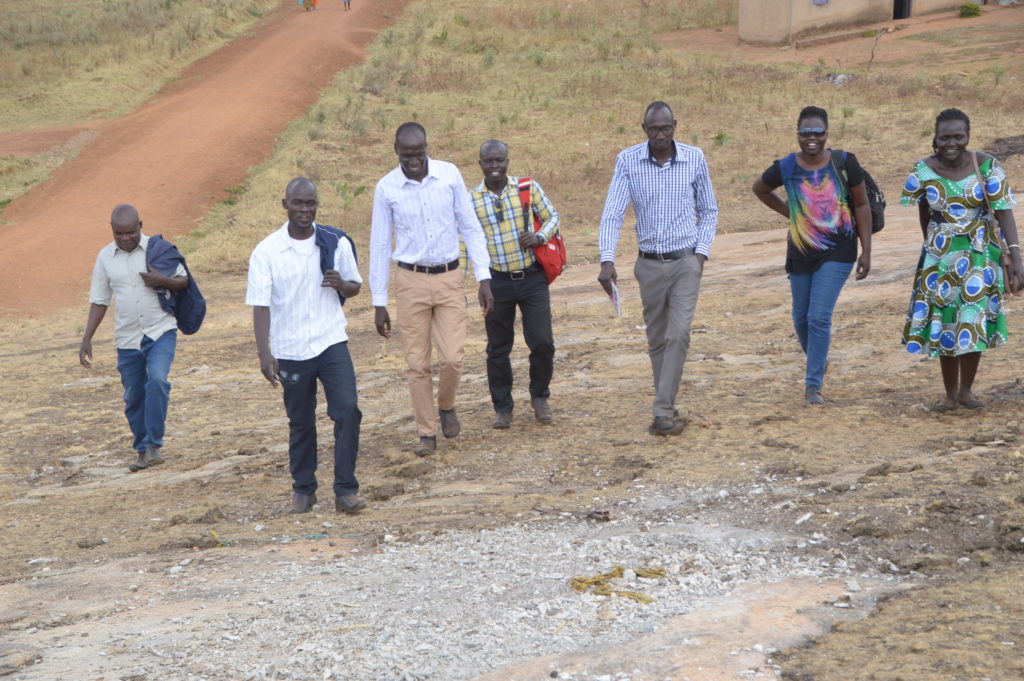Shortly after the devastating civil war in Liberia, I accompanied the inexhaustible President and Mrs Carter (then in their 80s) on an election monitoring mission. I was dispatched to Lower Bong County with a local driver called David. On the way out of bustling Monrovia, we passed hundreds of buildings, schools, homes and offices that had been destroyed in the fighting. There were still ammunition casings glinting on the road, and everyone I met, including David, had crinkly, shiny bullet scars on their skin.
Leaving the ravaged capital behind, we plunged into miles of rain forest. David gestured at the tropical jungle on either side of the road. “I’m the luckiest person in the world to live in such a beautiful country,” he announced. “I love getting out here.”
Lucky wasn’t the word I would have chosen to describe David’s life, but he drew such strength from the natural world that I couldn’t argue with his sense of joy.
Many people reading this might identify with David’s feelings. During the pandemic, millions of us have come to treasure our local parks, to cherish our gardens, to appreciate flowers as never before and to look at the natural world in a new light, even if it is just watching documentaries.
We asked our mental health team in northern Uganda how they cope with the pandemic. This added pressure comes on top of the intense and emotionally draining work they do each day, counselling survivors of conflict. They told us that together they climb a remarkable local landmark, a vast rock that looks like it is a giant meteorite from a distant galaxy that crashed onto an otherwise flat piece of earth.

“The best medicine for our own mental health is the feeling on top of the mountain,” they told us. “We literally felt on top of the world. We have never felt more refreshed, relaxed, happy, encouraged, good, free and strong in ourselves than when standing on top of this beautiful mountain.”
Meanwhile, our team in Port Loko in Sierra Leone find inspiration visiting a local waterfall. “When you go to that area you will see that water is falling from a height of approximately 500 ft above sea level,” the Programme Manager told us. “I just feel like having great time with friends like going for an outing to a place that is natural.” The waterfall flows all year round, even in the dry season when many other waterfalls tend to dry up for several months. It is called “Dolambre” which means ‘orange’ in their local Temne language.
We are relieved to know that these essential health workers are aware of their own mental health needs since burnout is a common problem for counsellors around the world. Spending all day urging people to share their personal burden can be exhausting, especially when our counsellors live within the community they serve. In other words, they have few “off duty” moments. Remaining positive and encouraging with clients is also a challenge when there are comparatively few resources on offer. Yet, their work is crucial to helping hundreds of survivors of conflict to chart a new way forward in the wake of unspeakable experiences. They are also on hand to light a pathway out of depression when people are diagnosed with HIV+ or epilepsy. As we mark this year’s mental health awareness week with a special connection to nature, we salute our teams in Uganda and Sierra Leone.
Please help us to continue our work by making a donation. Thank you.
Written by Rebecca Tinsley (Founder, Network for Africa)